The time is 3 p.m. on a Tuesday. US History students scribble their last remarks on an essay and file out of room 203. Mr. Johnson is seated behind his desk, surrounded by a towering stack of papers — an “organized chaos,” he insists. His classroom tells a story of its own. The walls are lined with maps, hand-drawn projects, photos of historical figures, quotes; it’s like stepping into a history textbook.
Famously, or rather infamously, known for his challenging junior year courses, the room is filled with an indescribable aura. Above the door hangs a long list of students who scored a five on the AP exam, pushing others to strive for the same successes.
As we began our chat, Mr. Johnson has a rather nonchalant attitude, one that implies he’s done this before — been interrogated by curious students who scrounge for any details on his personal life.
Julia Hendler: How would you describe your high school experience? How does it compare to that of a Museum student?
Mr. Johnson: I had a relatively positive experience. It wasn’t like, “Oh my god, this is the greatest time of my life,” but I don’t have any major regrets.
I certainly see some differences just in terms of I went to school with the same kids from kindergarten through my senior year of high school. We had five elementary schools, so there was some mixing, but I have been friends with one guy since first grade.
What was your favorite subject in high school?
History. I’ve always enjoyed history. Even when I was a little kid, my favorite books were Greek mythology. I wasn’t reading The Iliad when I was six, but I had a book of Greek myths for kids.
My favorite class was my APUSH class with Mr. Coon. You could always tell how passionate he was about history, and that passion translated to us as students. I was always interested in history, but I remember very vividly how excited he was to speak on history on a daily basis, and that definitely piqued my interest even further.
Did Mr. Coon inspire you to become a teacher?
No. At that point, I wasn’t committed to teaching, but my mom was a history teacher, and my dad was a gym teacher. I used to grade papers for my mom and stuff like that.
Would you change anything about your high school experience?
I guess if I would change anything knowing where I ended up, maybe I would have gone to play basketball in college; I played both forward and center, depending on our lineup. Professionally, I thought going to Syracuse was my best option.
What did you study in college?
I studied broadcast journalism at Syracuse. Ultimately, both broadcast journalism and teaching come down to trying to take large, complex subjects and break them down into more manageable pieces. My education definitely helped in terms of communicating with people whom I have never met before, as well as public speaking and projecting my voice. Even working under tight deadlines becomes helpful when teaching gets rather hectic. Although I didn’t end up really pursuing journalism as a career, I fully believe that everything I learned about broadcast journalism helps me to this day.
Why did you decide teaching was a better pathway?
After college, I was debating exactly what I wanted to do as I had soured a little on journalism by the time I graduated. My mother was able to get me a job as a substitute teacher as a way to pay the bills while I figured out what I wanted to do. I almost immediately fell in love with it, even though I was often teaching subjects other than history. In the district I was subbing in, there was an expectation that the substitutes would actually teach the class rather than just hand out a worksheet, so that definitely helped me get a sense of what teaching entailed. As a result, I applied to grad school to get my master’s in education.
What do you wish students knew about your role as a teacher?
At this age, I feel students have a pretty good understanding of what teachers do on a daily basis, but I do feel students forget that teachers are normal people outside of school hours and have separate lives from our teaching.
What do you know now that you wish you knew as a teenager?
I definitely pressured myself to get into the “right” college when I was in high school, and I’m certainly glad I ended up at Syracuse for everything I did there and the lifelong friends I made there. However, I ended up taking a completely different direction after college than I would have imagined upon entering as a freshman. I see all of you putting so much pressure on yourselves and stressing out about which college you are getting into, but the fact is that many of you are going to switch majors, careers, or maybe even colleges once you enter. The name of the college you attend is certainly important in some regards, but it’s more important to take advantage of the opportunities you have no matter where you go. Every college can be the “right” college if you utilize the advantages that the school provides. Be flexible and open to new challenges and opportunities as they are presented to you.




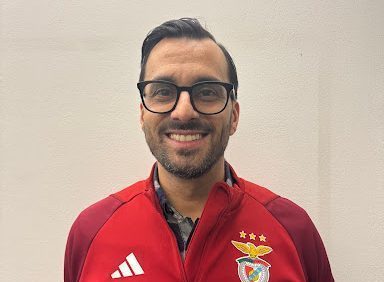






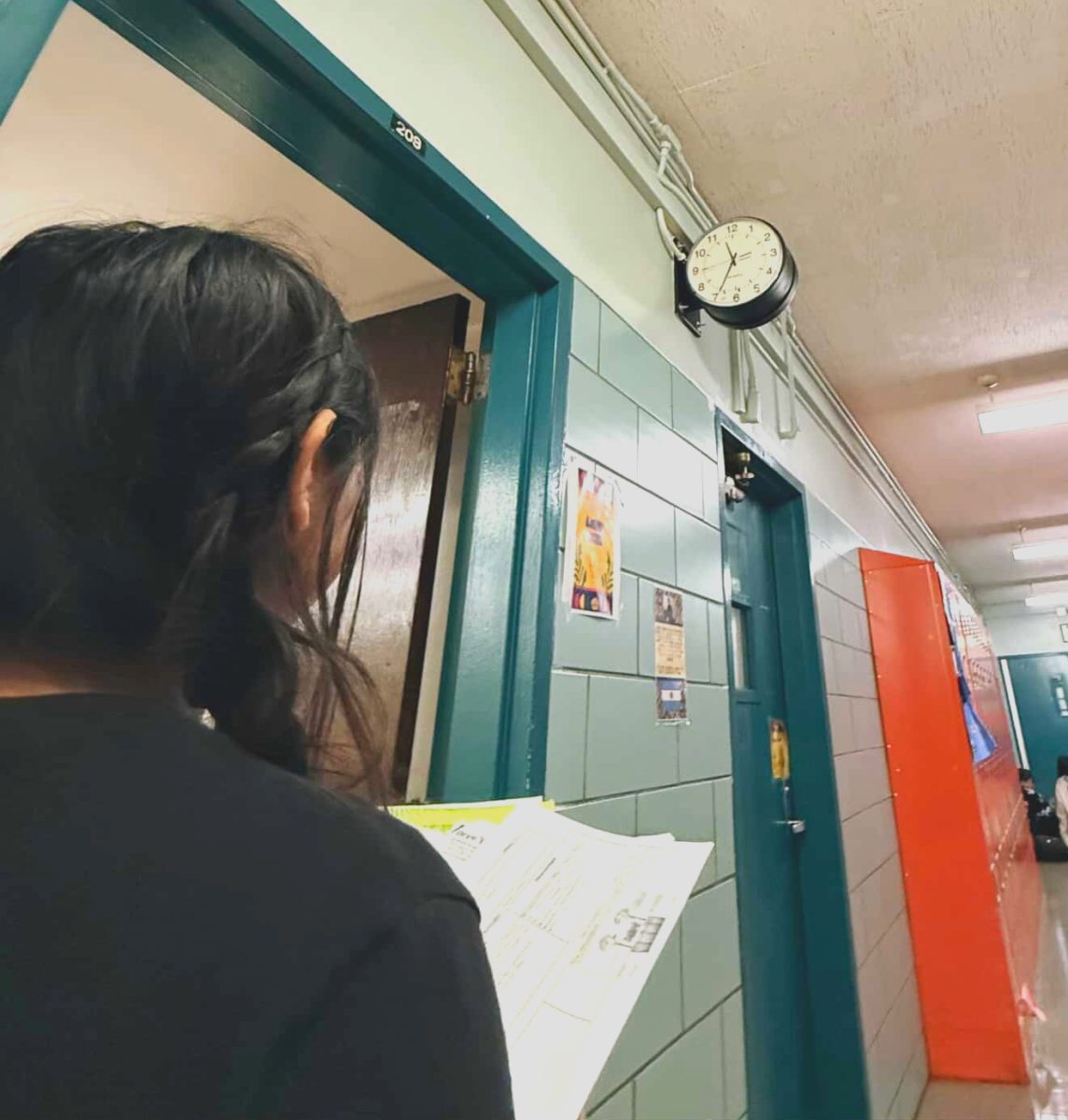
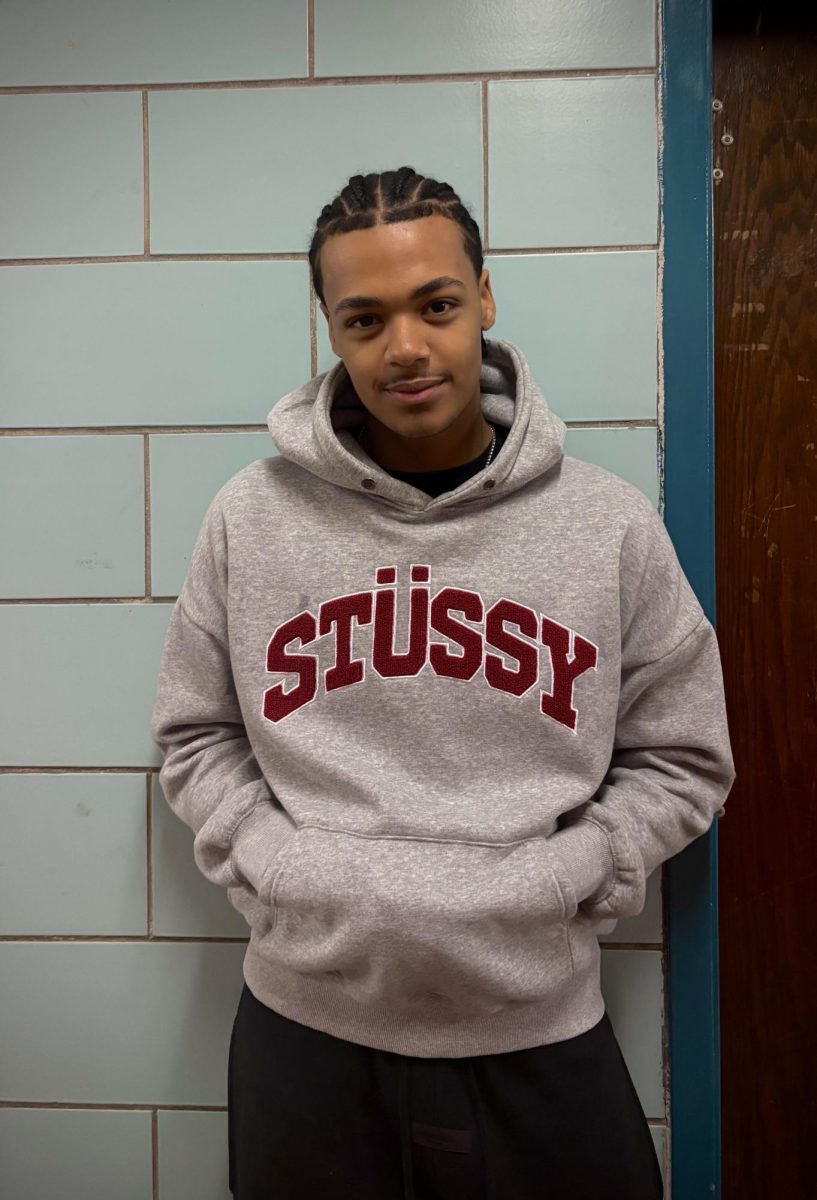
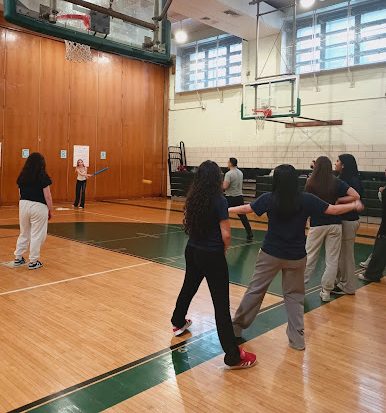
















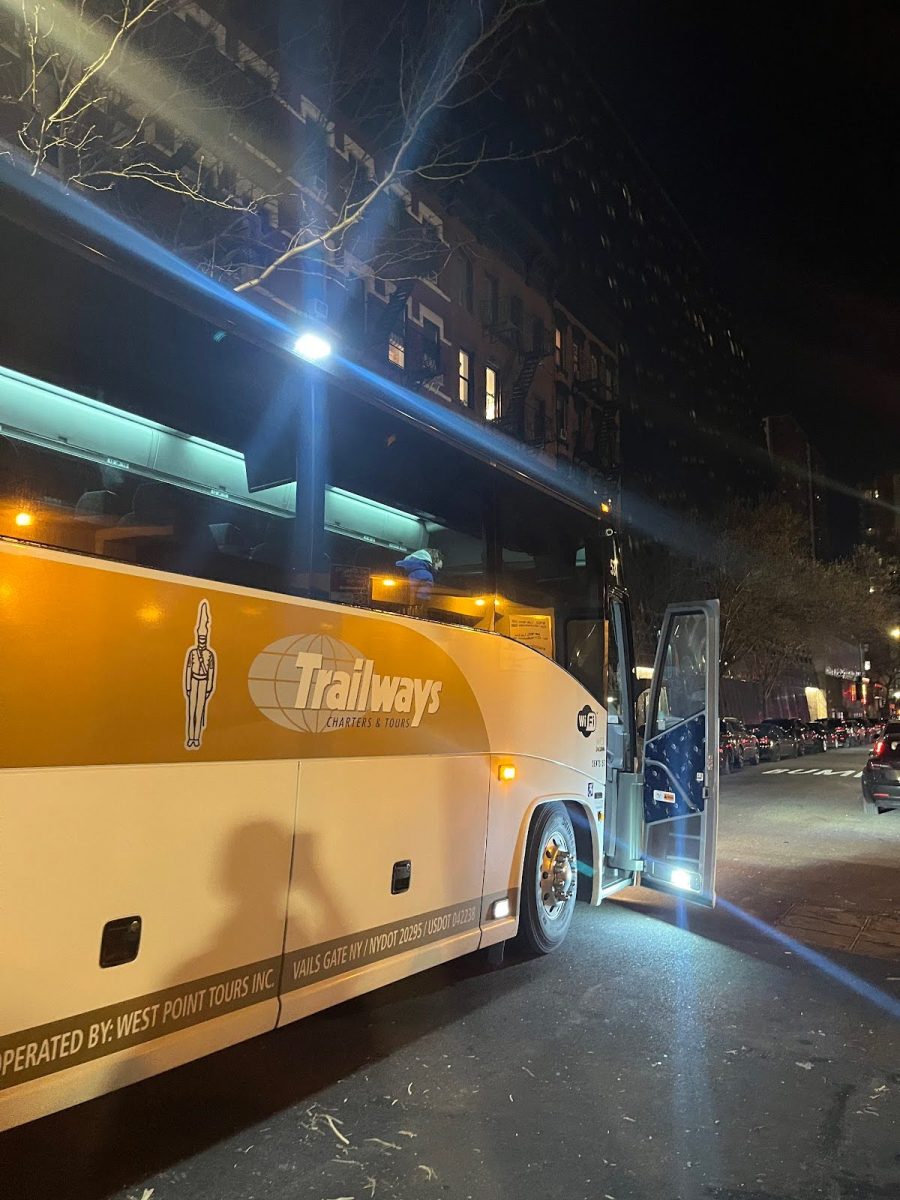


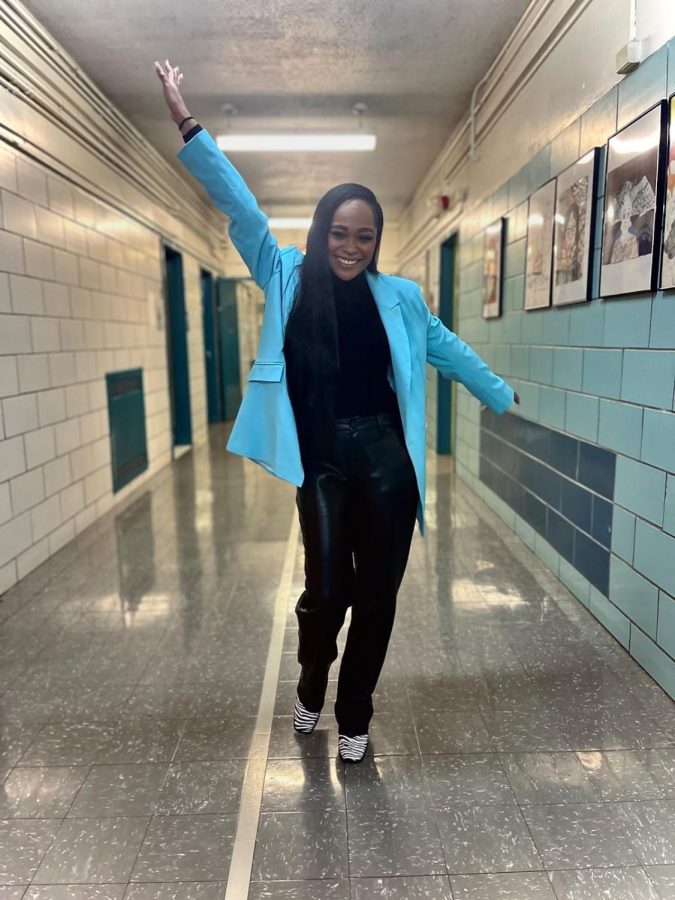
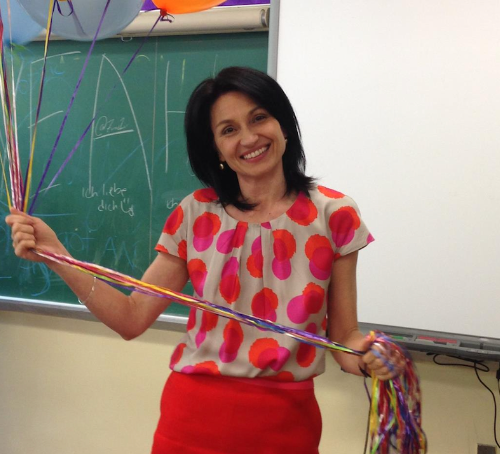
Kacy Beaver • Aug 6, 2025 at 10:23 am
Can’t be a coincidence. Mr Johnson was the only positive school experience for me because of his positive attitude and sense of humor. Rad guy.
tenlhyng • Feb 29, 2024 at 8:33 pm
awhhhhh this is so sweet. I always knew Johnson was a softie.